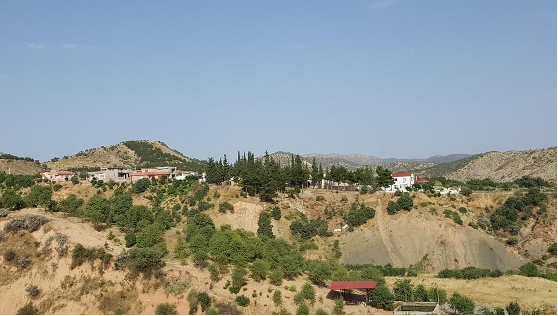Feb 15th - 1 Min Read
The Jewish ‘Republic’ of Sindori: Small Village in Kurdistan Bearing a Long Jewish Legacy
By: Birhat AtrushiJust like how the city of Duhok is squashed between two mountains, so is the forested village of Sindori. A typical eye may dismiss the lavish green area, which is northeast of the city of Duhok, as a haven that is just beautiful, for historians, it is not only the strategic boundaries of how the area looks, with its hills, pine trees, and roads, but also a long presence of a small Jewish minority.
The Jewish people are semities native to the Middle East. Their presence in countries like Syria, Iraq, Kurdistan comes with no shock. Over many centuries, Jewish villages and settlements have been recorded throughout the land.
Prior to Jewish presence in the area, the village was anciently described as Christian until their desertion of the area. Jewish inhabitants rose and by the 19th century, it was described as a majority Jewish village with small Kurdish numbers.
Jews worked the land, from agriculture to being skilled aristain, the area became known as an extensive town. Travelers wandering between Amedye and Mosul recall the booming business of Sinduri with its unusually big Jewish population.
Political and social changes due to war and movements left a permanent mark on the locals there. The rise of Zionism and the subsequent conflict between Jews and Arabs polarized Sinduri inhabitants and made it difficult for assimilation to occur. Constant threat by Nazi-aligned Iraqi factions during World War Two, initiation of Pogroms (violent riot with means of expelling or killing certain groups in a city) in Iraq forced many Jews to look elsewhere. In 1950, many went to Israel through Baghdad for fear of persecution after the passing of laws that would not protect Jewish lives and property.

Image ofmodern day Sindori
